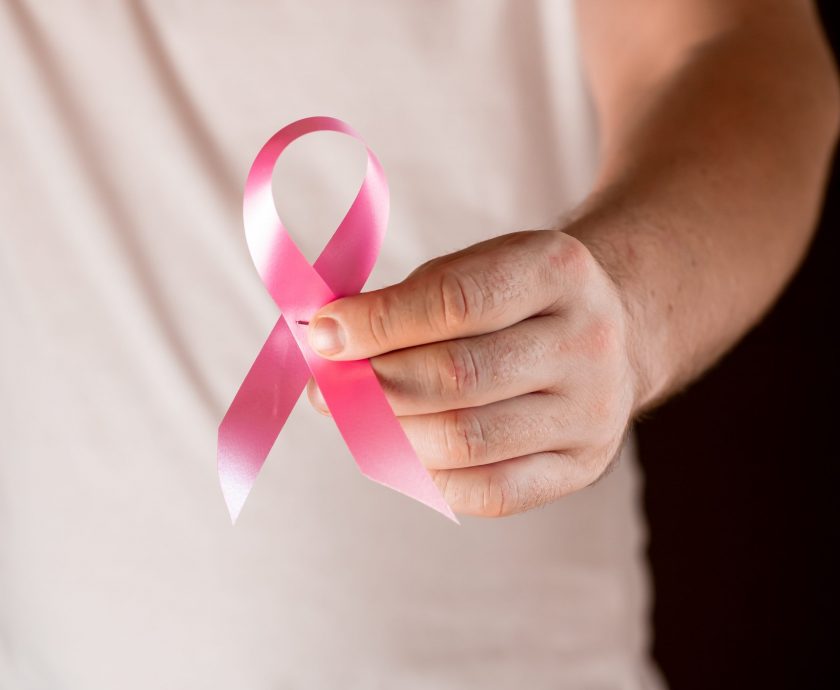A person’s life can change in an instant. Being diagnosed with cancer and having your routine thrown off is not something easy. Anger, incomprehension, anxiety, fear, and a slew of other intense emotions arise.
Whether you were recently diagnosed with cancer or are currently undergoing treatment, you’ll find yourself resenting various feelings. While these feelings are normal, you should not dismiss them; instead, you should learn to control your emotions so that you can deal with them more effectively. In this blog, we’ll discuss some emotions that cancer causes, as well as the best ways to deal with them.#
Feeling Shock
«It will not happen to me»
We frequently believe that cancer is something that only happens to other people.
When you learn of your diagnosis, the world seems to fall apart. Things are about to change, and will probably never be the same. While learning of a cancer diagnosis can be shocking, for some patients, it is often accompanied by denial.
Some patients will simply act as if nothing has happened and that nothing is wrong. That way, they create their own reality rather than facing the situation.
How to cope with it?
Being properly informed about your diagnosis is a significant step that can help you cope with cancer more effectively. Simply learn everything you can about your cancer type, its symptoms, health effects, treatment, anything that will help you better understand the cancer and its implications. Gathering information puts you in control of the situation, making it feel more real and manageable. It is also recommended that you talk to other cancer patients who have gone through similar experiences. Talking to someone who is going through the same thing as you keeps you from becoming isolated.
Resenting Anger and Incomprehension
« Why me? »
Whether you have recently been diagnosed or are currently under treatment, at some point or another, you must have asked yourself, “Why me?” Why did I get cancer? You may feel angry at your loved ones, healthcare system, God, or the entire world following your diagnosis. You may even get angry and feel guilt towards yourself. Helpless and lost, cancer often provokes a sentiment of incomprehension towards the situation. One minute your life is going as usual, and the next minute you learn that you have cancer and you now need to find the best treatment. Why did it happen?
How to cope with it?
First and foremost, you should not suppress this emotion. You do not need to act as if everything is fine when it is not. Finding ways to express yourself and talk about your feelings can help you cope with cancer more effectively. Have someone listen to your emotions. You can talk to your loved ones such as your husband or wife, parents, friends, and other relatives. You can also relieve your anger by engaging in activities such as yoga, singing, walking in nature, swimming, and other relaxing activities that bring you serenity. Remember, the best way to channel your anger is to transform it into motivation that will help you beat cancer.
Being Fearful and Anxious
It is normal to feel anxious and stressed while undergoing cancer treatment or when being diagnosed with cancer.
«Am I going to make it? What’s awaiting me? Am I going to suffer?
People tend to think the worst when being diagnosed with cancer. Being anxious is a feeling where you are overly concerned, unable to relax, and tense. In this situation, you are frequently, if not constantly, concerned about what will happen next in your personal relationships, at work, and during your treatment, and this will continue until your cancer has been cured. Stress can cause an increase in heart rate, overthinking, loss of appetite, tightness in your throat and chest, and a variety of other unpleasant physical and emotional effects. All of this while dealing with cancer and the resulting changes in the patient’s life.
How to cope with it?
Remember, having a good mindset may change a situation. With the right mindset, you can go through this battle against cancer successfully. Each person diagnosed with cancer is different. Many factors influence a patient’s success rate, including cancer type and stage, as well as the person’s health. However, thanks to new treatments and technologies, the chances of a successful outcome are better than ever. To keep stress away while fighting cancer, patients should simply engage in activities they enjoy, such as yoga, swimming, painting, writing, and other activities that provide them with a sense of peace and escape.
Feeling sad
Cancer patients frequently experience depression as they mourn the life they had before learning they had the disease. Their lives have been upended, and they must now adjust to a new routine. Depression is considered a mood disorder, and it may make it more difficult to cope with cancer treatment. Some people would rather believe that depression does not exist or that it could not happen to them. Sadness, helplessness, and feeling lost are all emotions that cancer patients experience when they are first diagnosed, during treatment, and even after treatment is completed. Everyone’s emotions are unique. While for some patients, the sadness fades or diminishes over time, for others, the sadness intensifies and even interferes with their daily life.
How to cope with it?
Eventually, it will take some time to process and accept all of the changes that are occurring. Getting the right help, on the other hand, can significantly help patients cope with these emotions. Keep in mind that you are not alone in this. Speak with healthcare providers, other cancer patients, or concerned associations to help you deal with your feelings. Your loved ones will be an invaluable source of support for you, which you should not overlook. You don’t have to be ashamed of your feelings. Your healthcare can provide you with medication or other treatments, such as therapy to assist you in better coping with the situation.
While cancer can elicit a slew of emotions, the first step is to accept the diagnosis in order to better deal with the situation. It is undeniable that life will be disrupted as a result of this, and patients’ routines will be shaken. Adapting and adjusting to these changes will take time. Whatever emotions one may be experiencing, the most important thing is to keep going. Remember that you are not alone in this battle. Speak with your healthcare provider and other patients about your experiences. When being diagnosed with cancer, do more of what you love. Simply do what makes you happy, and the rest will fall into place.





